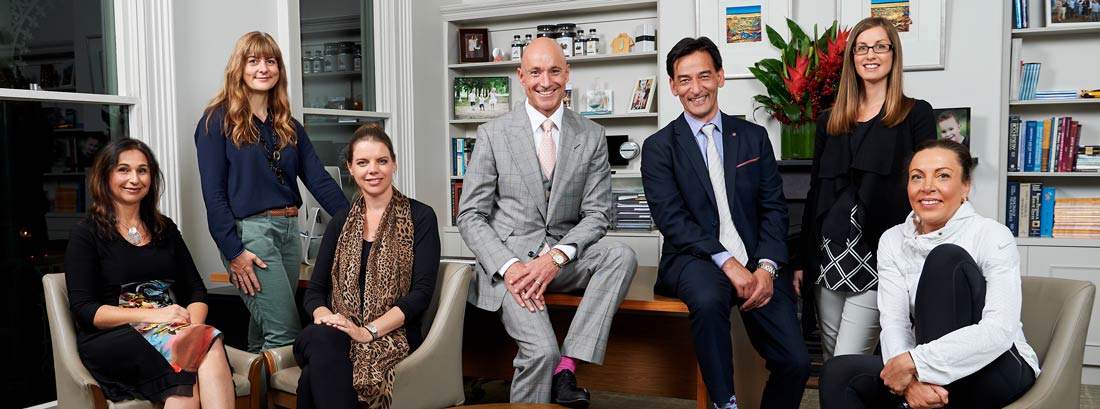
![]()
Once the decision has been made between yourself and Dr Winnett that surgery will help you, it is necessary for you to begin preparing mentally and physically for the procedure. This is a very important step in the overall procedure being successful in the long-term. Understanding the process and your role in it will help you recover more quickly and have fewer problems post-surgery.
WORKING WITH YOUR DOCTOR
Prior to the surgery, a complete physical examination will be conducted by Dr Winnett to ensure you do not have any pre-existing conditions that might impact on your health during or after the completion of the surgery. Routine tests, such as blood tests and X-rays, are usually performed a week before the surgery.
Here are some ways to best prepare for surgery:
- Consult your family GP regarding any medication you are currently taking. Some medication you may be required to stop taking prior to the surgery.
- Consult with your family GP any preparations you may wish to consider for potential blood replacement. This can include donating your own blood, medical interventions, and other such treatments. These will need to be done prior to surgery.
- Any anti-inflammatory medications such as aspirin are natural blood-thinners. You must stop taking these a week before your surgical procedure. This will help to minimise excess bleeding.
- Activities such as smoking should be curbed prior to the surgery to aid in your recovery.
- Due to the trauma, the body undergoes during surgery, pre-existing conditions in your teeth gums, bowel or bladder need to be treated accordingly to minimise the chance of infection.
- Your diet leading up to the procedure should be well-balanced, supplemented by a daily multivitamin with plenty of iron
- It is very important that any infections are reported prior to surgery. cannot be performed until all infections have cleared up
HOME PLANNING
To maximise your recovery, there are some changes that you should make around your home to make things easier for you when you return home from surgery.
- Arrange for someone to help out with everyday tasks like cooking, cleaning, shopping and laundry
- Any items that you use or require frequently should be placed well within your reach as your mobility will be limited immediately after surgery.
- Take care to tape down or remove any tripping hazards such as carpets and cords.
- Make sure you have a stable chair with a firm seat cushion, a firm back and two arms to offer you adequate support
PREPARING FOR YOUR PROCEDURE
If your surgery is to be performed during the day, please ensure you do the following:
- Have someone available to take you home – you will not be able to drive for at least 24 hours after the surgery due to the sedatives given to you.
- Do not drink or eat anything in the car on the trip home as your body is still very much in recovery mode and this could cause feelings of nausea.
- After arriving home, wait until you are hungry before trying to eat since the surgery, the motion of the car ride home and surgery can induce nausea. Begin with a light meal and try to avoid greasy food for the first 24 hours
- Take your pain medicine as directed. As soon as any feelings of discomfort are felt, begin administering the pain medication. If you wait to take your pain medication until the pain is severe, you will have more difficulty controlling the pain
